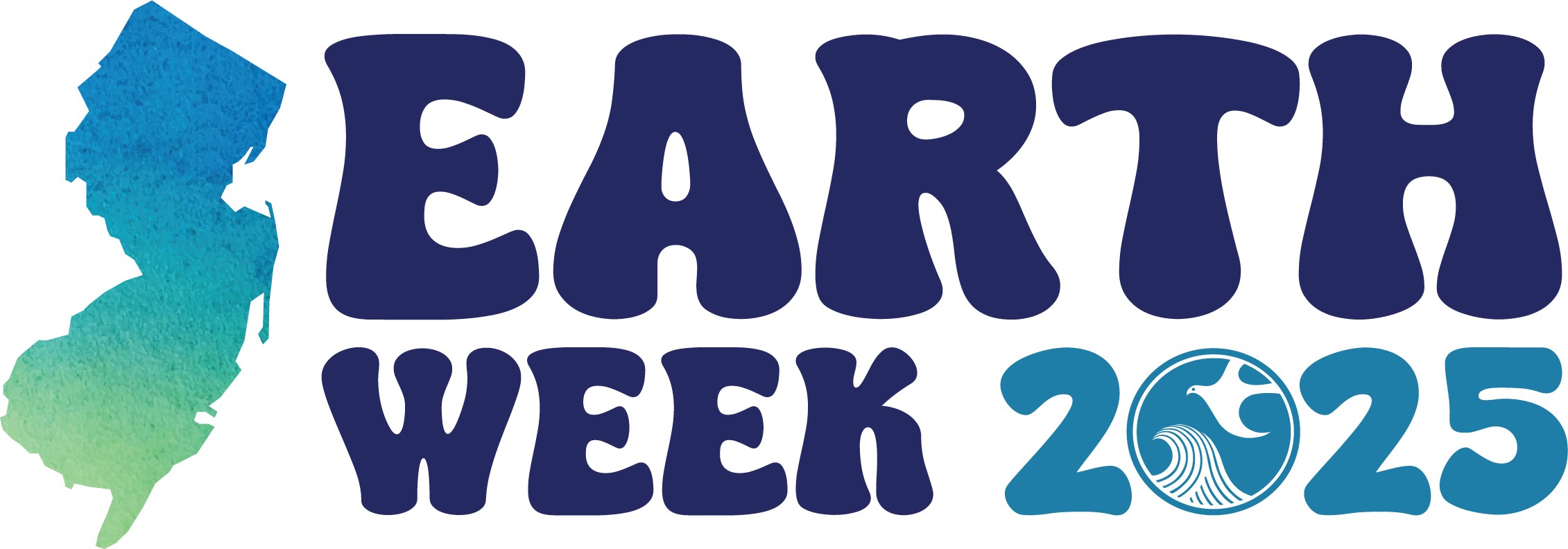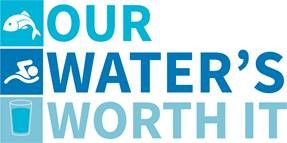FOR IMMEDIATE RELEASE
April 25, 2025
Contact: Vincent Grassi (609) 984-1795
Lawrence Hajna (609) 984-1795
Caryn Shinske (609) 984-1795
DEP MARKS EARTH WEEK BY ANNOUNCING AVAILABILITY OF $13.4 MILLION IN WATER QUALITY IMPROVEMENT AND PLANNING GRANTS
(25/P22) TRENTON – As part of its celebration of Earth Week, the New Jersey Department of Environmental Protection today announced the availability of $13.4 million in grants for local governments, nonprofit organizations, higher education institutions and others to carry out water quality improvement projects and develop watershed-based plans that protect the ecological health of New Jersey’s waterways and increase local flood storage. The theme for Earth Week 2025 is Our Power, Our Planet.
 The grants give priority to the state’s northeast and Atlantic coast water regions as part of the DEP’s rotating priority system. They will fund the development of or updates to Watershed Based Plans to improve water quality and Lake Watershed Based Plans aimed to reduce the occurrence of harmful algal blooms. The grants will also fund programs that are making communities more resilient to extreme weather through nature-based solutions, addressing emerging contaminants, and implementing green infrastructure.
The grants give priority to the state’s northeast and Atlantic coast water regions as part of the DEP’s rotating priority system. They will fund the development of or updates to Watershed Based Plans to improve water quality and Lake Watershed Based Plans aimed to reduce the occurrence of harmful algal blooms. The grants will also fund programs that are making communities more resilient to extreme weather through nature-based solutions, addressing emerging contaminants, and implementing green infrastructure.
“These investments to improve the health of the state’s surface waters not only protect our precious water resources for generations to come but also bolster collaboration between communities and environmental groups through effective watershed planning,” said New Jersey Environmental Protection Commissioner Shawn M. LaTourette. “As we celebrate Earth Week, I strongly encourage all eligible applicants in the northeast and Atlantic coast regions to submit their project proposals to improve the integrity of New Jersey’s water and natural resources.”
How to Apply
Those interested can review the Request For Proposals to learn about eligible projects and more. Project proposals are due by 11:59 p.m. on Monday, June 2 and must be submitted electronically using DEP’s System for Managing Grants Electronically (SAGE).
More information can be found on the Water Quality Restoration Grants 2025 webpage. In addition, a virtual information session is scheduled for April 30 at 10 a.m. Questions and comments regarding the SAGE system or other aspects of the request for proposals may be submitted via email to npsgrant@dep.nj.gov.
Projects that may be eligible for funding include the installation of living shorelines, storm basin retrofits, construction of green infrastructure such as rain gardens and pervious paving systems, and the implementation of approved watershed-based plans that reduce nonpoint source pollution.
The DEP selects priority areas using a system that rotates through the state’s five water regions, which results in a comprehensive assessment of the entire state every ten years. Additionally, applicants are invited to submit project proposals that address specific impaired waterbodies identified by the department. These include projects to develop a watershed-based plan for Saddle River and the sub-watersheds that drain to the river, and a watershed-based plan for Cozy Lake in Jefferson Township, Morris County, to address emerging contaminants.
Funding for these grants are provided through annual allotments under section 319(h) and section 604(b) of the federal Clean Water Act, and the Bipartisan Infrastructure Law.
For more information about the Water Quality Restoration Grant Program, visit njdepwptest.net/wlm/watershed/319-grants/.
Nonpoint Source Pollution
Nonpoint source pollution is the most common cause of water quality impairments and the primary target of this grant funding. Nonpoint source pollution is caused by stormwater runoff that carries pollutants such as nutrients from fertilizers and animal waste, as well as automotive fluids and pesticides, into waterways. Excessive nutrients can cause algae blooms that harm the ecological health of waterways and diminish the public’s enjoyment of them.
To address this issue, DEP and its partners diagnose the cause of water quality impairments and set pollutant reduction targets by developing calculations that identify the maximum amount of a pollutant a receiving waterbody can experience while continuing to meet water quality standards. These calculations inform water quality improvement projects and local watershed planning decisions to better protect the state’s watersheds from nonpoint source pollution and other contaminants.
Safe and Reliable Water as an Administration Priority
Providing New Jersey residents with safe and reliable water supplies remains a top priority of the Murphy Administration and Commissioner LaTourette. The DEP continues to work diligently every day on programs that reduce lead exposure in homes and businesses, protect the long-term viability of water supplies such as reservoirs and groundwater sources, monitor for drought conditions, educate the public about the importance of testing drinking water wells and reducing lead exposure, and manage stormwater to better protect surface water sources.
 The DEP launched the Our Water’s Worth It campaign last year to raise public awareness about the fundamental importance of our water supplies, the threats they face, and the steps DEP is taking to ensure all New Jerseyans have access to clean drinking water and healthy waterways. Learn more at njdepwptest.net/ourwatersworthit/
The DEP launched the Our Water’s Worth It campaign last year to raise public awareness about the fundamental importance of our water supplies, the threats they face, and the steps DEP is taking to ensure all New Jerseyans have access to clean drinking water and healthy waterways. Learn more at njdepwptest.net/ourwatersworthit/
###